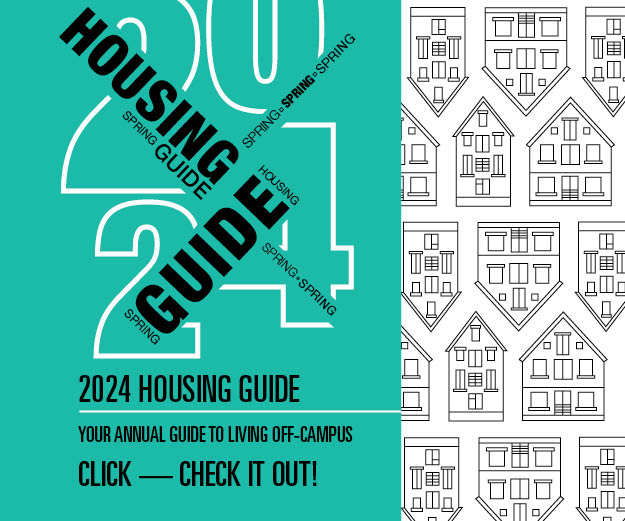Few know that Bowling Green State University is one of the 275-plus signatories in over 40 countries to the Talloires Declaration, committing us to progressive environmental actions in virtually everything that we do. Living up to that obligation is difficult, but many universities have made progress.
Of the MAC schools, Ball State is the clear leader, having completed a major review examining environmentally progressive policies and practices. The University has some important components in place including undergraduate academic programs for students interested in environmental majors, general education courses focusing on environmental issues, a recycling program and a campus office responsible for maintaining the environmental health of the campus. The National Wildlife’s Society’s review of campus environmental programs (available at http://www.nwf.org/campusecology/stateofthecampusenvironment.cfm) shows that we could be doing much more.
Why would universities around the world commit to caring about the environment? The scientific community agrees that problems such as increasing greenhouse gases and loss of biodiversity are destroying global environmental stability. Much like debate about evolution, arguments for minimizing these problems may be made on the basis of faith, but are not credible as issues of science. Yet many people give little thought to how their personal choices relate to environmental quality, or how environmental quality will affect the quality of life. Signatory universities share a vision of leadership that demands recognition and response to key social issues affecting their students, their communities and their world.
Making the University change to meet our Talloires obligations is not simple. Certainly we see signs of success — an excellent example is the University’s plan to shift $6.5 million formally used to pay for electricity and natural gas toward energy conservation projects over the next seven to ten years.
But making more comprehensive, holistic changes requires more fundamental solutions. For example, we could solve the campus parking problem by reducing the need to bring cars to campus (an integrated, comfortable van/bus system through the city? Dedicated bike lanes? Attractive housing options within close walking distance?). Certainly an obstacle to implementing changes in these tough economic times is cost, but aggressive environmental programming actually can result in substantial savings. The National Association of College and University Business Officers, the organization representing chief administrative and financial officers at more than 2,100 colleges and universities across the country, has gone so far as to publish a web page (http://www.nacubo.org/business_operations/campus_sustainability/) describing how “campus sustainability equals smart business.” It’s a win/win situation hindered only by overcoming burdens imposed by short-term costs, and inertia.
So what can students do? First, learn about environmental issues and consider your social obligations (if you decide you don’t care, at least be able to justify why you’ve decided this isn’t an issue that needs to concern you).
Second, you should do what you can regarding your own actions – take the extra few steps to the recycling bins, turn off lights, don’t leave the water running while brushing your teeth. But probably much more important than just changing your own behavior is working toward institutional changes. Write letters to the campus administration if you want to influence campus behaviors –do you want the dining halls to use reusable crockery or disposable plastic? Should lawns be weed free or the campus pesticide free? Write your elected officials about local, state and federal policies. Get involved.
Now is a great time to start. Tonight at 7:00 in the Union’s theater is the annual Peace Lecture, featuring Michael Klare discussing the link between the military and the environment. The week of April 21, the campus celebrates Earth Week, culminating in the annual Run for the Earth on Saturday, April 26. Register for an environmental course for next fall. Sign up for the Forum for Campus Environmental Sustainability listserver (see how at http://www.BGSU.edu-/departments/envh/greencampus.htm). The United States offers an environment enabling high-quality lives. As a university, we’ve accepted responsibility to maintain and enhance our environment. Now it’s up to each of us to make it happen.


















